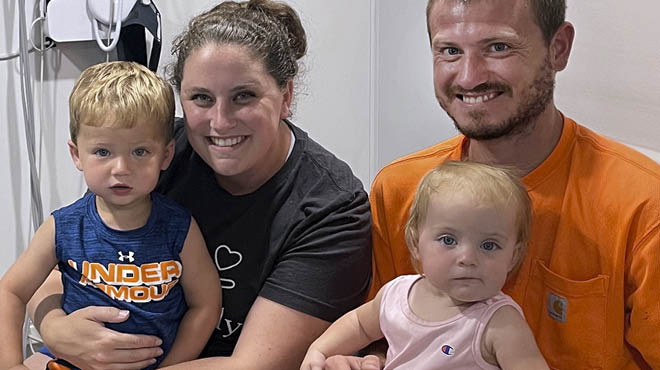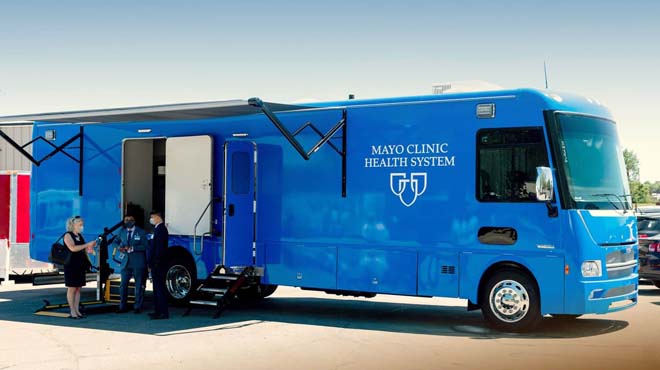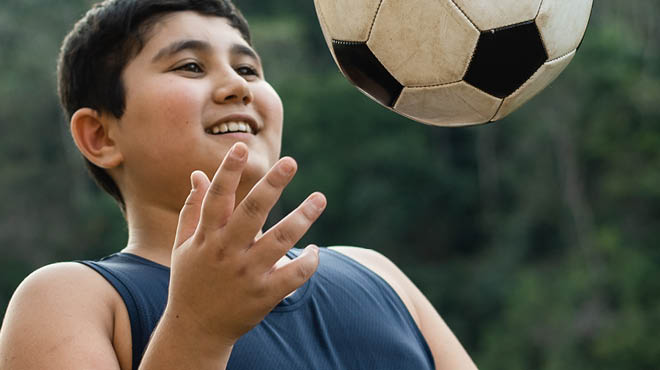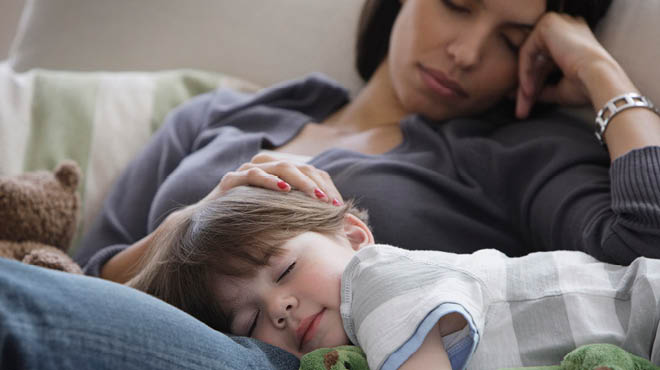Recent Posts
-
 Transforming HealthcareMaking the Mobile Health Clinic the go-to choice for careSeptember 17, 2024
Transforming HealthcareMaking the Mobile Health Clinic the go-to choice for careSeptember 17, 2024 -

-

4 words drivers dread: 'Ugh, I feel sick'

Whether your trip is around town or across the country, four words most drivers dread hearing moaned from the backseat are, "Ugh, I feel sick."
Carsickness, also known as motion sickness, isn't associated with just cars. It also strikes on buses, boats, trains, airplanes and amusement park rides. Anyone who's ever been plagued with motion sickness recognizes the queasy dizziness that can make travel miserable.
Causes of motion sickness
Motion sickness starts deep in the inner ear with the vestibular system, which is responsible for coordinating balance and telling the body its position in space. Basically, it's a mismatch between what visual and sensory signals are being received and how the brain is interpreting them. For instance, when in a car, your eyes tell you you're standing still. But your body is feeling motion and your brain interprets it as being off-balance or dizzy.
Fixating on something inside the vehicle, such as book, tablet, movie screen, can trigger motion sickness.
Preventing motion sickness
To keep motion sickness at bay, try these tips:
- If riding in a car, people over 12 can sit in the front seat. Look forward rather than out the side window.
- If in the back seat, sit in the middle so you can look out the front window.
- If riding on a bus, sit close to the front and look in the direction you're going.
- If on a plane, choose a seat over the front edge of the wing. Once seated, direct the air vent toward your face.
- If on a boat, sit near the middle and keep your eyes on the horizon, which will help your brain match the movement your body is feeling.
- Avoid reading, watching a movie or being on a screen, such as a phone or tablet.
- In a car, crack the window to let a little fresh air in.
- Keep your head still while resting against a seat back.
- Don't sit near smokers, and don't smoke.
- Avoid strong odors, spicy and greasy foods. Adults should avoid alcohol.
Try these treatments
Home remedies and over-the-counter medications also can help, including:
- Trying ginger, which can soothe nausea. Gingersnap cookies, ginger ale and ginger hard candies or chews are options. Be sure the candy isn't a choking hazard for your child.
- Sipping on cold water or caffeine-free carbonated beverage.
- Nibbling on plain crackers.
- Wearing an acupressure band around the wrist.
- Taking Dramamine, which is approved for anyone 2 years old and up. If you or your child has a history of motion sickness, take it an hour ahead of travel as a preventive medication. Drowsiness is a side effect. Benadryl is another option, but not the preferred choice because it can make children more active rather than sleepy.
- Lying down flat once you've reached your destination can ease symptoms.
Tips for trips
When kids can't look out the windows, read or be on screens, here are some ways to amuse them during a trip:
- Bring along a selection of favorite singalong music.
- Play games that don't involve looking out the window such as:
- 20 Questions, where players have 20 questions to solve "Who am I?" or "What am I?"
- I Went to the Zoo, where players complete the sentence by naming an animal starting with "a" and working through the alphabet.
- Hink Pink, where a player thinks of two words that rhyme, such as big rig, and then gives other players clues like "large truck" to help them solve the rhyme.
- Listen to audiobooks or podcasts.
Learning to live with it
Unfortunately, if people suffer motion sickness as a child, they also tend to be affected as an adult.
Emily Majerus is a physician assistant in Family Medicine in Austin, Minnesota.



